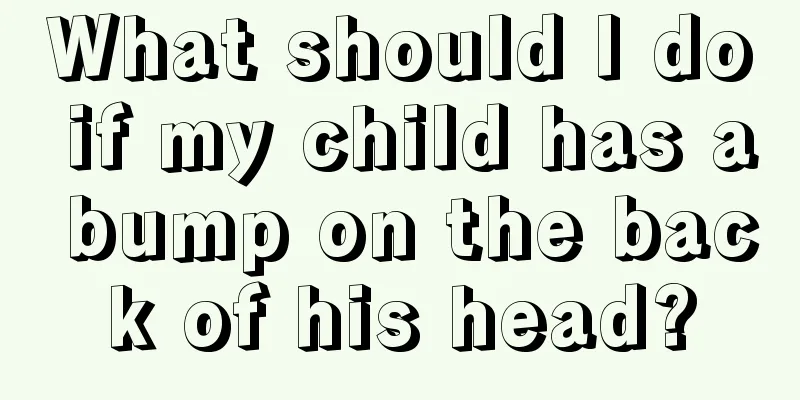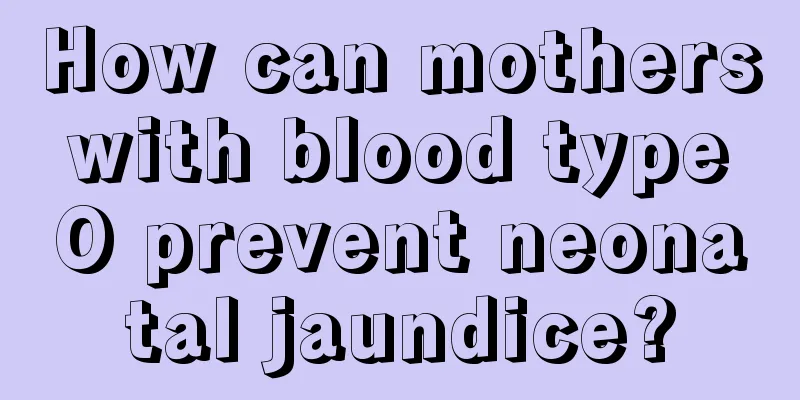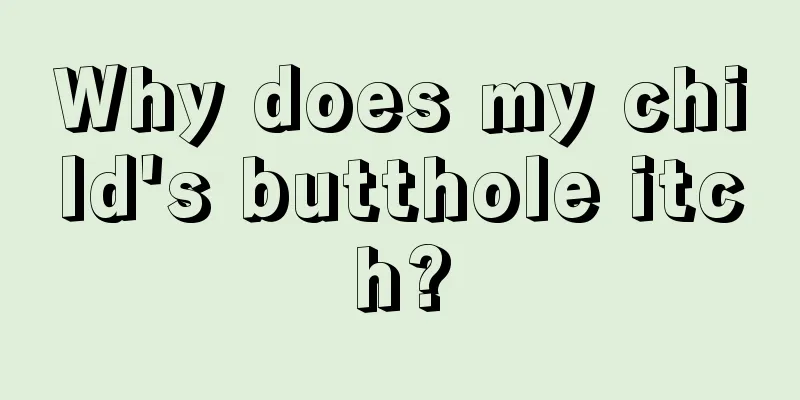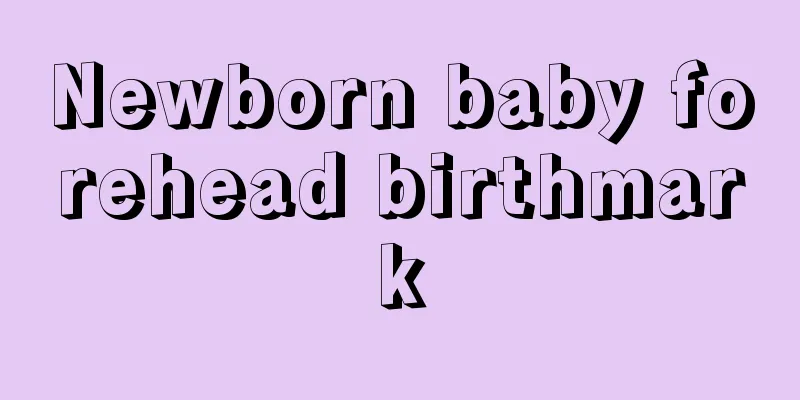Baby pulling nipple
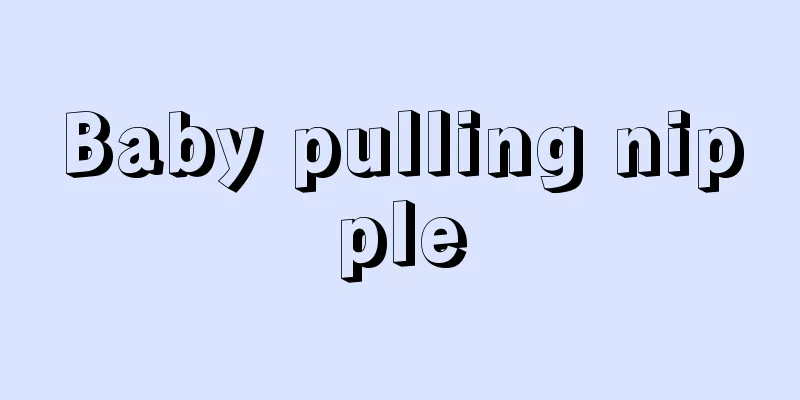
|
In the process of early care for the baby, the baby will have some different changes in different growth stages. Sometimes these changes will make the mother feel unprepared. For example, when feeding the baby, the baby will suddenly pull the mother's nipple, making the mother feel very painful. In fact, this is a signal sent by the baby to the mother, which is a relatively normal behavior. Baby pulling nipple 1. Young babies pull on the nipple We analyze it by age in months. For babies under 3 months old, the mother will find that the baby suddenly pulls the nipple during feeding one day, or even grabs his or her own hair or pats the mother's breast. What's going on? If the baby could speak, he or she would say, "Mom, please give me your milk soon, I can't wait!" The above behaviors of the baby are ways to stimulate the mother to produce milk. This situation usually happens when the baby is one month old, two months old, three months old, four months old, or six months old. These times are the time when the baby increases milk intake and grows rapidly, which is what we often call the growth spurt. What is amazing is that even though the mother does not rationally understand the meaning of the baby’s actions above, her body will automatically produce more milk to meet the baby’s needs. Usually within two to three days, the mother's milk supply will automatically catch up with the baby's needs, and the baby will no longer pull on the nipple. 2. Older babies pull on the nipples For babies over 3 months old, especially 4, 6, and 8 months old, if they pull or even bite their mother's nipples during breastfeeding, it is usually caused by teething. At this time, the mother should not allow the baby to pull or bite the nipple. This situation can be improved through sensory exchange. Tips for dealing with nipple biting When a baby bites the mother's nipple, the mother will feel very painful. When Lulu is bitten by Dabao, she will gently pull Dabao's hair (of course this does not apply to babies without hair), and gently tell her not to bite her mother. At this time, the baby is not being punished, but is receiving "sensory exchange" training. When a baby bites his fingers or tongue, he will feel pain. At this time, he does not know why he cannot bite, but the brain will store the pain information. After biting himself two or three times and causing pain, the baby will associate pain with each bite and will feel uncomfortable doing this and will no longer bite his little fingers or tongue. Through pain, the baby knows what things are not good for him. Although the baby cannot understand the deeper reasons at this time, his behavior will make beneficial adjustments. Similarly, the "sensory exchange" training for babies is not a way to control the children, but to train them to obey their parents and stay away from various dangers as they grow up (for example, after learning to crawl, they should listen to their parents and not touch the sockets). |
<<: 8 month old baby shaking his head
>>: Children with high forehead
Recommend
Baby's palms are hot but forehead is not hot
If the baby's palms are hot but his forehead ...
Precautions and treatment methods for allergic asthma in children
As China's economy becomes more and more deve...
What should I do if my child has bloating?
If some children have problems, then it is necess...
How much milk should a seven month old baby take?
Seven-month-old babies have started to add comple...
Tooth calcification in children
The health of our teeth is very important to us. T...
How to screen infant intelligence?
The intelligence of some babies needs more attent...
How to judge baby's indigestion
Children are the treasures of the family, and the...
What should I do if my child has loose stools?
Babies often have diarrhea, but there are no othe...
What causes a four-month-old baby to cry when sleeping at night?
Recently a mother came to ask the editor that her...
How tall is a five year old child?
The growth of children is the most concerned issu...
Can children drink garlic and rock sugar water?
Garlic is a very common ingredient in daily life ...
What are the causes of constipation in children?
The problem of constipation in young children is ...
What foods can help children grow taller?
Every parent hopes that their child can grow up h...
How much is normal for jaundice to subside?
Many newborns will develop jaundice a few days af...
Causes of low platelet count in children
Fever is a very prominent symptom in children wit...




